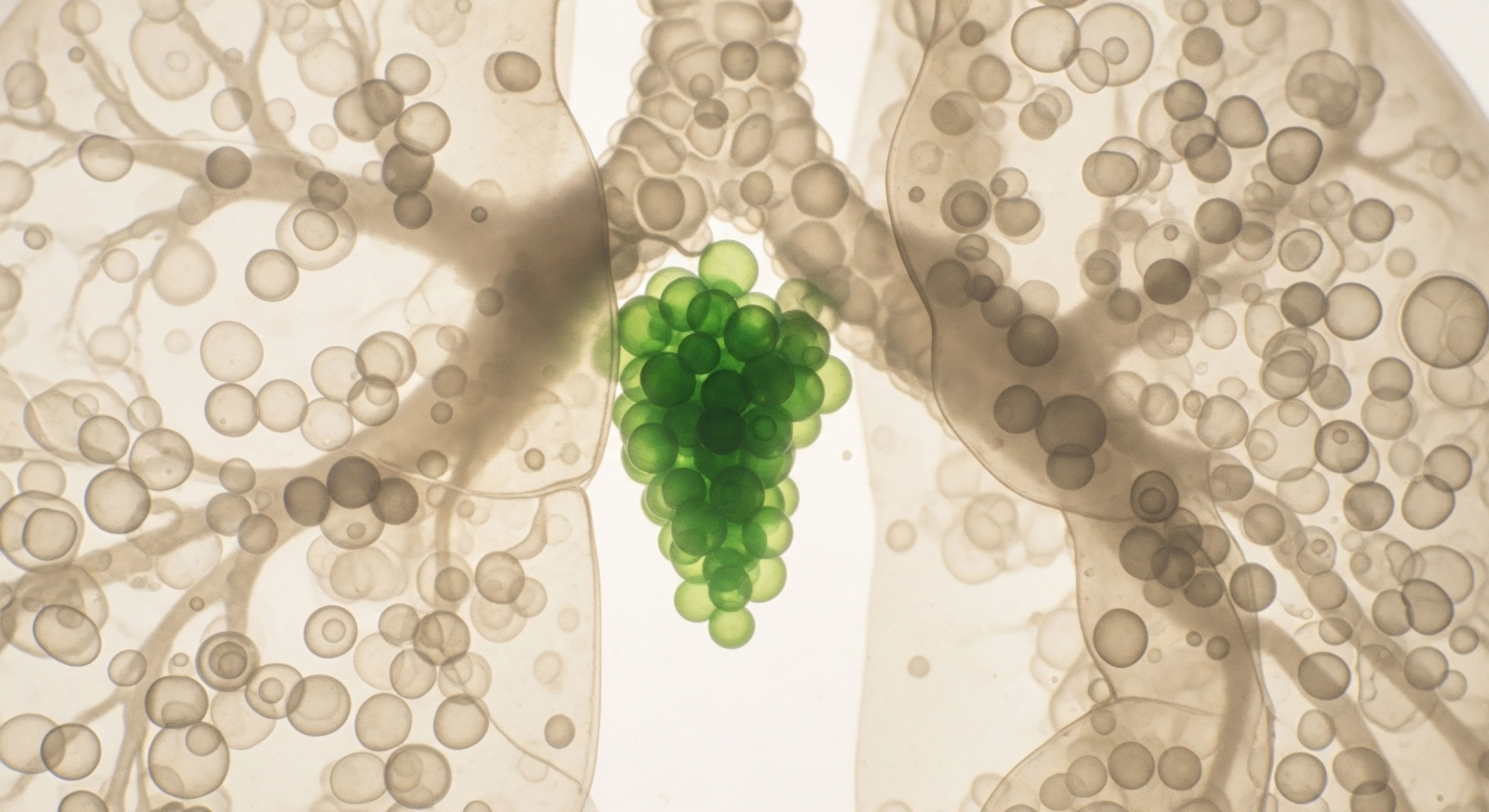Beyond Distraction, Pure Output

Reclaim your edge with cellular recalibration, turning the systemic friction of distraction into an engine of pure, effortless output.
HRTioOctober 9, 2025




